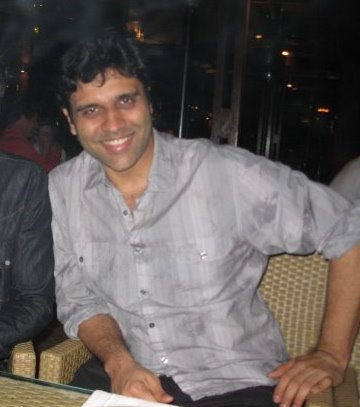Tigers in Sri Lanka, civil uprising in Pakistan and Maoist rebels in Nepal; India is surrounded by extremely unstable neighbors. These countries received their independence at the same time as India, but democracy has been uprooted each time it tried. How many more deaths will it take for the people their to learn that democracy is the ONLY path to peace?
The Pakistani suppression of the Judiciary. Last week President Musharraf dismissed the Head Supreme Count Justice, who refused to step down. When the law fraternity took up his cause, President Musharraf had them brutally suppressed. Many died and many more were injured. Now Pakistan appears to be on the bring of an uprising. What is going on? When are we going to see the end of dictators in Pakistan?
Sri Lanka is a total tragedy, a nice gentle people, held hostage by a small group of so called Tamil liberationists, who are using intense violence to gain their freedom. Why is violence required? Does Sri Lanka not have a democracy? Is their judicial system dead?
And this strife threatens to spill over into India. Did you know, India deploys over 350,000 troops in Kashmir to maintain stability? That other parts of India like Assam & Chattisgarh are facing constant militancy?
So why do people take to militancy? The logical answer is because they are unable to get justice or have their voice heard, so as a last resort their take to militancy. But India is a functioning democracy and has a judiciary (albeit slow), so why is this happening? My reasoning: It is because a few greedy people want to profit from the supply of arms, so they stir up violence and create causes that raise funds, so they can earn their 20% commission in the supply of arms. Or its because governments in their misguided power plays continually try and destabilise neighbours in the hope of I don't know what. Does India want to swallow Pakistan, Sri Lanka & Nepal? Looks like it, because it looks like they have been fingering these countries by assisting rebels. However, Pakistan's case is different because their democracy has been usurped by one dictator after another.
India too must strengthen itself by improving the judicial system to enable speedy dispute redress; without this people will take the law into their own hands. It must also continue to encourage more people to vote thus encouraging an active democracy. Last but not least, education helps improve people's knowledge of their rights and grievance redressal mechanisms.
Subscribe to:
Post Comments (Atom)

No comments:
Post a Comment